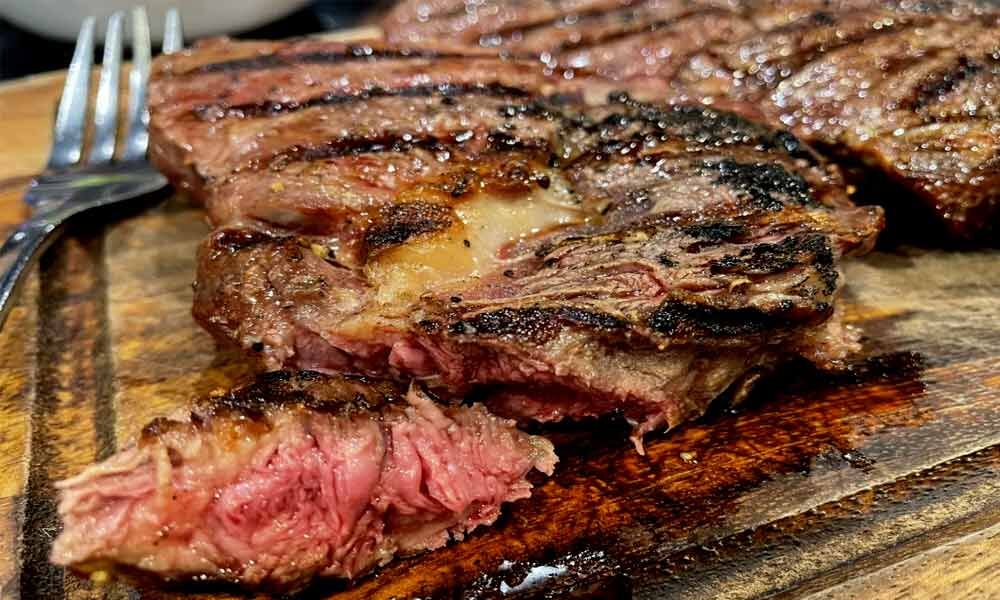Live
- Vajpayee’s legacy lives on as country marks his birth centenary
- Rythu Bharosa to pick best from PM -KISAN scheme
- Medak wears season’s festive look
- TG sets record in fine rice purchase
- Maintaining India’s growth momentum
- Study Reveals Teabags Release Billions of Microplastics and Nanoplastics, Entering Your Body
- Workplace Wonders: Creative Secret Santa Gifts for Colleagues
- Kumbh Mela 2025: Essential Guide to Comfortable and Respectful Attire for Maha Kumbh
- Hyderabad Real Estate Faces Setback: Property Sales Drop 7% Year-on-Year in 2024
- Gnani’s Gen AI Solutions Revolutionising BFSI









